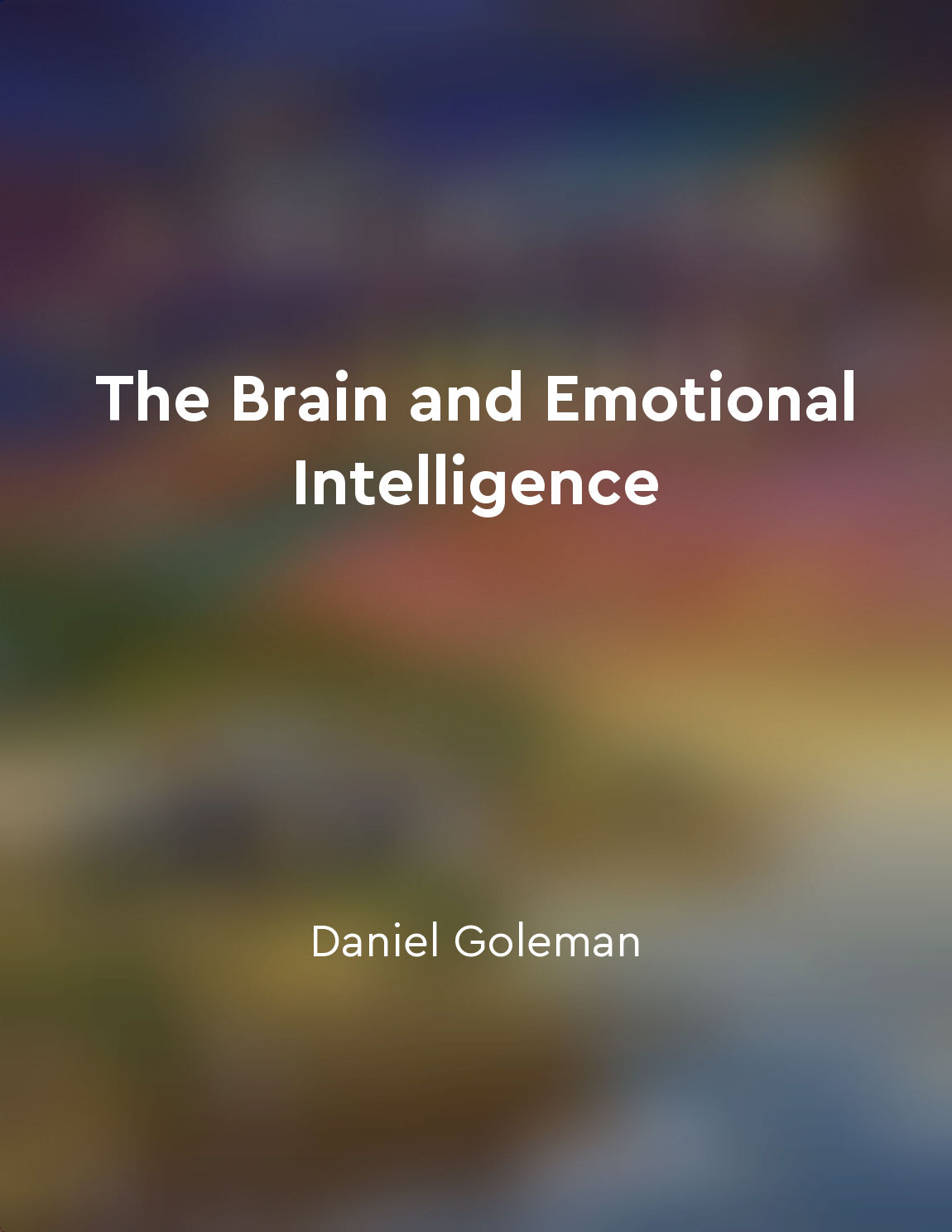Audio available in app
How stress affects decisionmaking and problem-solving from "summary" of Why Zebras Don't Get Ulcers by Robert M. Sapolsky
Stress can have a profound impact on our ability to make decisions and solve problems effectively. When we are under stress, our brains undergo a series of changes that can impair our cognitive functions. In particular, stress can make it difficult for us to focus and concentrate, which are essential skills for making sound decisions. One of the ways in which stress affects decision-making is by disrupting the prefrontal cortex, the part of the brain responsible for executive functions. This can lead to impulsive and irrational decision-making, as well as difficulty in considering all available options. Stress can also impair our working memory, making it hard to hold multiple pieces of information in mind at once, which is crucial for problem-solving. Furthermore, stress can lead to heightened emotional responses, which can cloud our judgment and lead us to make decisions based on fear or anxiety rather than logic. This can result in poor problem-solving outcomes and can even exacerbate the stress we are already experiencing. In addition, chronic stress can have long-term effects on our decision-making abilities. Prolonged exposure to stress hormones can cause structural changes in the brain, particularly in areas involved in decision-making and problem-solving. This can make it even harder for us to make sound judgments and find effective solutions to the challenges we face.- It is clear that stress can have a significant impact on our decision-making and problem-solving abilities. By understanding how stress affects our brains and cognitive functions, we can take steps to manage stress effectively and improve our ability to make rational decisions and solve problems.
Similar Posts
Nurturing emotional intelligence is a lifelong process
Emotional intelligence is a skill that is developed over time, requiring constant attention and effort. It is not something tha...
Strengthening emotional intelligence can lead to a more meaningful life
In the realm of emotional intelligence lies the key to unlocking a more meaningful life. By delving deep into the intricacies o...
Embrace the unknown with courage
When faced with uncertainty, it's easy to feel overwhelmed and afraid. The unknown can be a daunting place, full of potential r...
Engaging in problemsolving activities boosts cognitive abilities
Engaging in problem-solving activities is like giving your brain a workout. Just as lifting weights strengthens your muscles, w...
Memory modifies brain function
The concept that memory modifies brain function is a fundamental principle in neuroscience. This idea suggests that the process...

Neuroplasticity allows the brain to rewire itself
Neuroplasticity is the brain's remarkable ability to reorganize itself by forming new neural connections throughout life. This ...
Mental illnesses can significantly impact behavior
Mental illnesses can significantly impact behavior. Consider schizophrenia, a disorder characterized by hallucinations, delusio...
Overcoming emotional barriers can lead to academic success
When emotional barriers are present, they can hinder a student's ability to succeed academically. These barriers can manifest i...
The endocrine system releases hormones into the bloodstream
The endocrine system is a crucial component of the human body, responsible for regulating various bodily functions through the ...
Learning new skills can promote neuroplasticity in the brain
Learning new skills is like giving your brain a workout. Just as you can strengthen your muscles through physical exercise, you...


